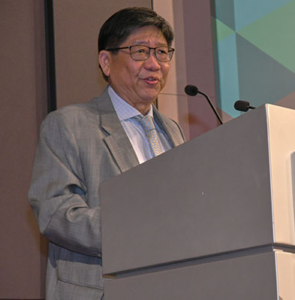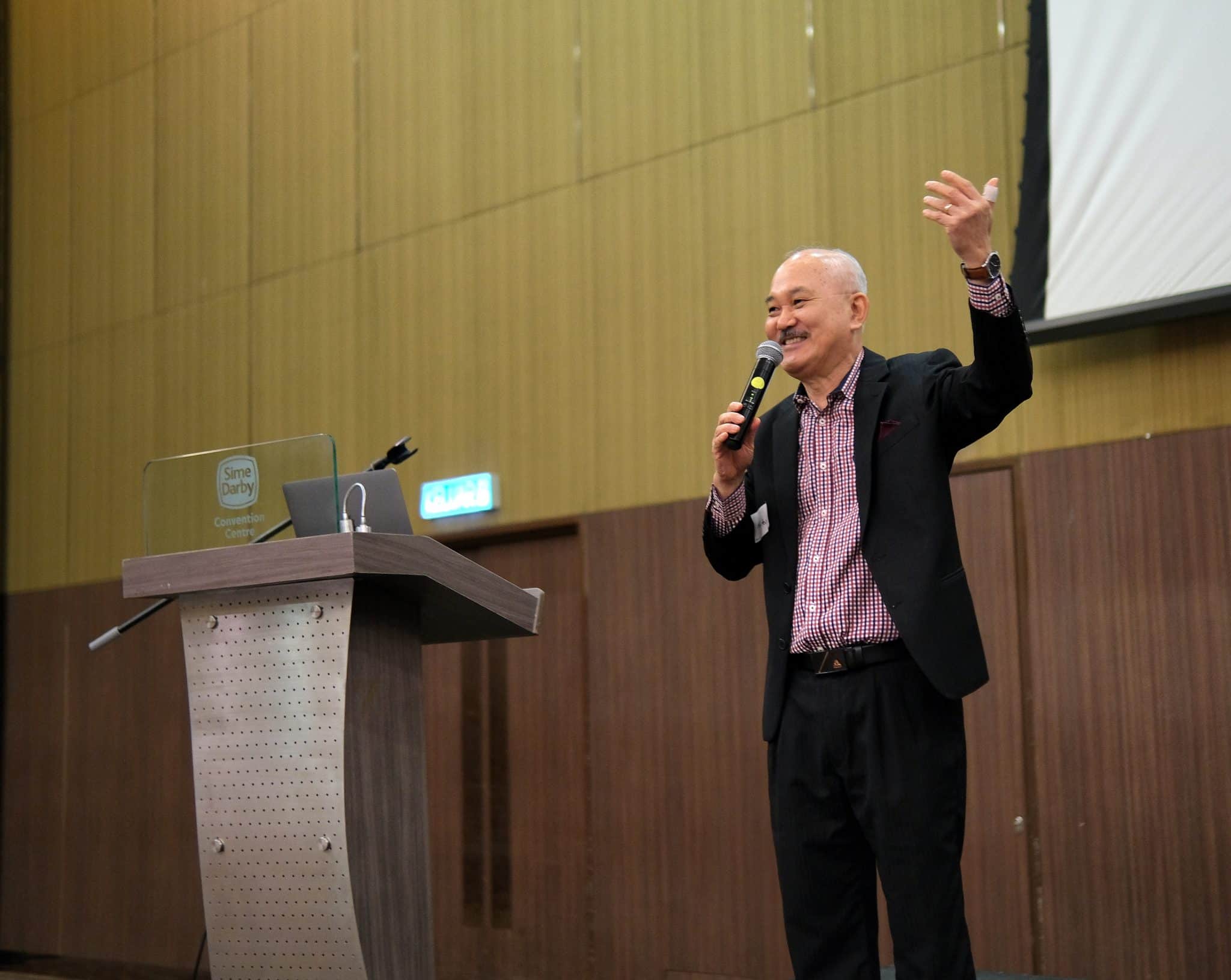Ask Salt&Light: How do I deal with difficult subordinates?
Dr Jeremy Gwee // February 14, 2019, 5:51 pm

Photo by JESHOOTS.COM on Unsplash.
Dear Salt&Light,
I’ve been heading my HR department for about five years, and the recent batch of newcomers has been tough to work with. They submit messy and mediocre work. When I ask them to pitch ideas on how to improve company culture, they keep silent or give subpar opinions just to fulfil this responsibility. I’ve reprimanded them repeatedly, but they brush my words off. And truth to be told, I can’t afford to fire them because we don’t have enough people. How can I be tough yet firm, and improve things around here?
Malcolm S, 35, human resource manager
Much of what I advise would be for your self-reflection, as the way we relate to our staff often contributes to the difficulties we encounter.
The first is to consider whether we have briefed the newcomers about our expectations. If we are vague, they may not know how to meet these expectations.
When we are giving feedback to them, we should be specific about how they can improve their work too.
However, even when our subordinates are truly wrong and we are upset and tempted to reprimand them, we should remember Jesus’ exhortation: “Do to others as you would have them do to you.” (Luke 6:13; Matthew 7:12)
In whatever ways we like our bosses to respond or treat us when we make mistakes (and this inevitably happens since we are imperfect), do likewise to them.
With regards to generating ideas, many Singaporeans take time to warm up, and will refrain from speaking out in a large group setting.
We need to recognise that our staff, though they are our subordinates, are our equals as images of God. (Genesis 1:26)
Also, depending on the position they are in (whether they are fresh hires, clerks or experienced HR staff), they will have limited or different capacity for suggesting ideas about cultural change.
For example, it is unlikely that newcomers will have sufficient appreciation of the company’s culture to be in a position to comment on the company’s system.
Finally, there is a sobering and honest question to ask ourselves: Whether our existing staff relate in a similar way to us as these newcomers. If the question is a “yes” or “maybe”, then the problem could well lie with us instead. Often this have to do with how we see and treat our staff.
Biblically, we need to recognise that our staff, though they are our subordinates, are our equals as images of God (Genesis 1:26).
They are thus worthy of our deep respect and should be treated as adults, not as children to be reprimanded.
This model of leadership is what our Lord Jesus Christ exemplifies when He called His disciples friends (John 15:15).
Seeing them as friends, He loved and nurtured them actively, not expecting them to perform well on Day One after He had called them to follow Him.
This model of leadership is what our Lord Jesus Christ exemplifies when He called His disciples friends (John 15:15).
Neither did He see them as mere subordinates to be ordered around. If this was how our Lord treated His disciples, all the more should we do the same for our employees.
Instead of nagging at them, we should teach them like a friend who cares.
One important way of exemplifying Jesus is to be vulnerable before our staff.
We should seek their feedback on what they think of us, to identity our blind spots and find out how we can improve.
To do so, we must ask for courage and humility.
May God grant you the grace to discern what applies to your situation and the wisdom, courage and strength to make the necessary changes.
To submit an Ask Salt&Light question, please email [email protected], with “Ask Salt&Light” in the subject heading. Please add your name, age and profession.
While we will try our best to seek answers for your questions, Salt&Light reserves the right to select, reject or modify any submissions.
We are an independent, non-profit organisation that relies on the generosity of our readers, such as yourself, to continue serving the kingdom. Every dollar donated goes directly back into our editorial coverage.
Would you consider partnering with us in our kingdom work by supporting us financially, either as a one-off donation, or a recurring pledge?
Support Salt&Light




